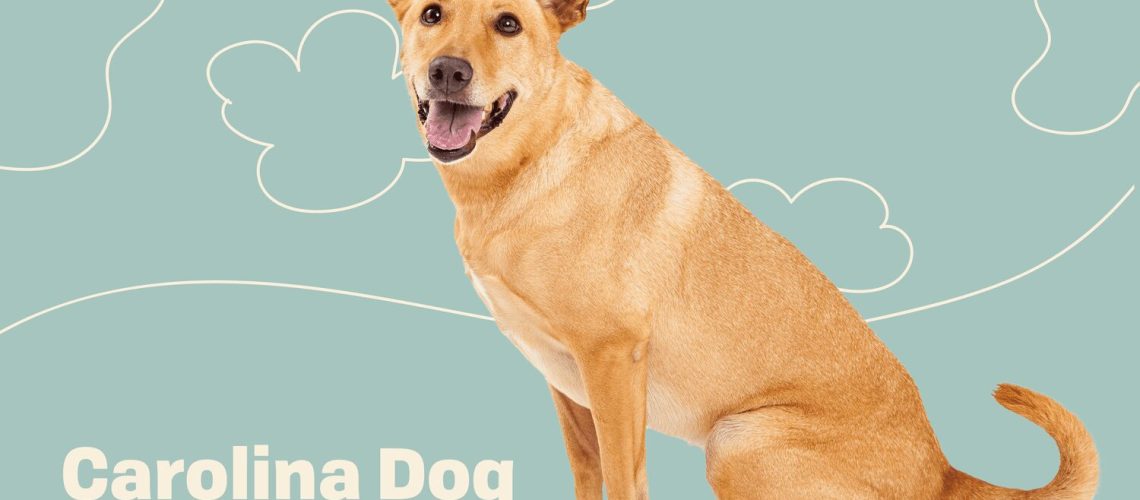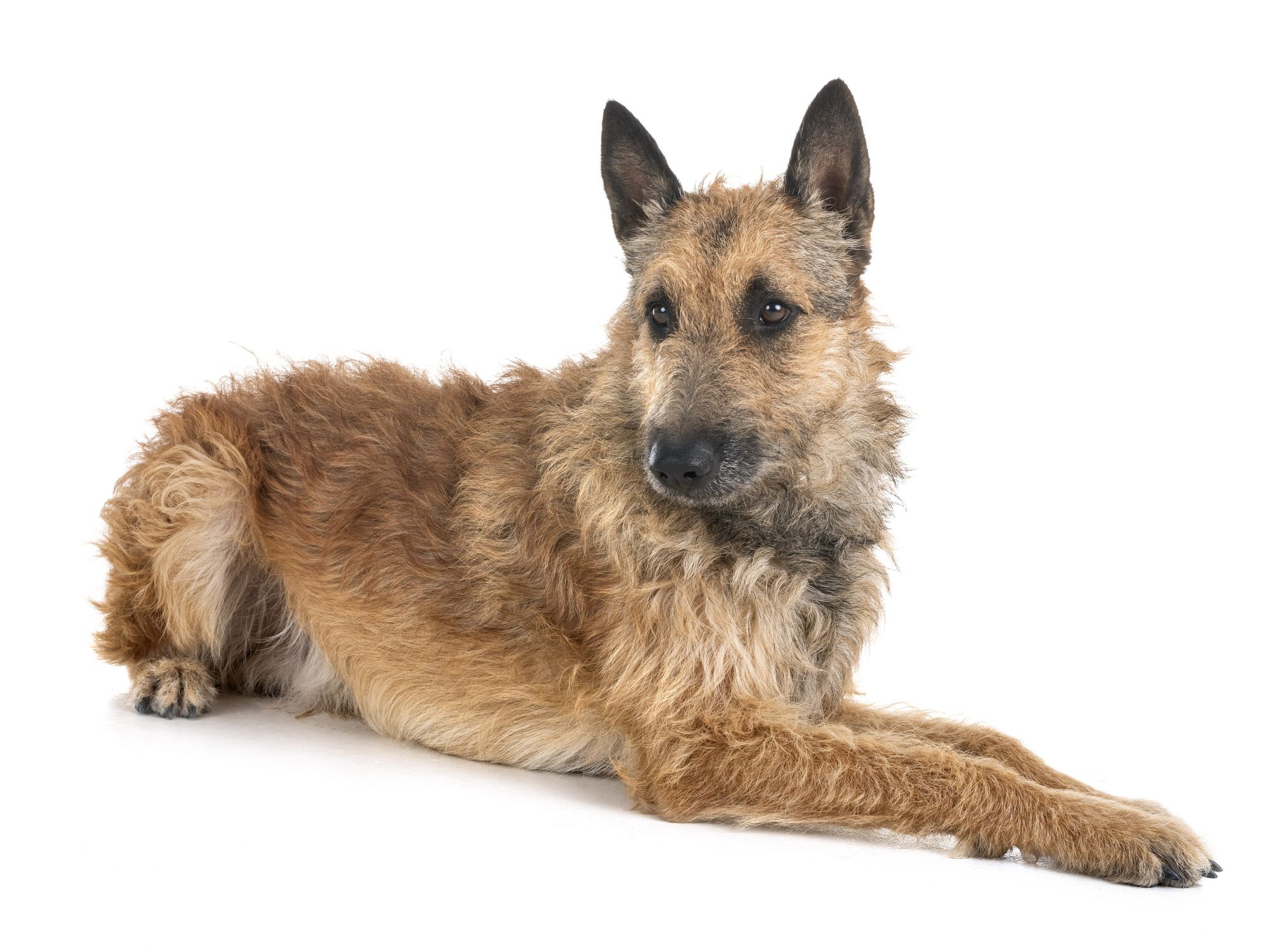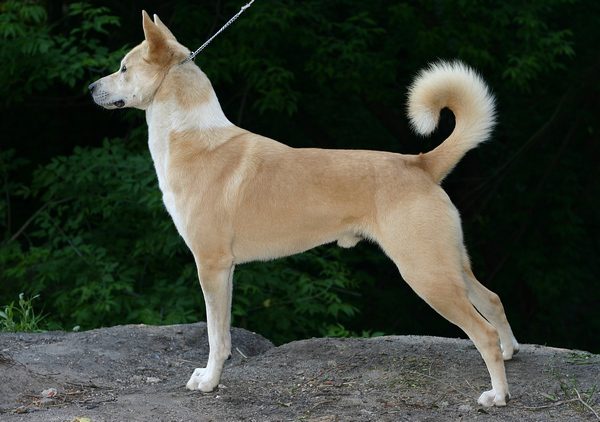Key Takeaways:
- Carolina dogs are a unique and ancient breed that originated in the wilds of the southeastern United States.
- They have distinctive physical characteristics, including a medium-sized, muscular build, erect ears, and a bushy tail.
- Carolina dogs are known for their intelligence, loyalty, and independent nature. They can be reserved with strangers but are typically affectionate with their families.
- This breed requires regular exercise to keep them physically and mentally stimulated. Daily walks or playtime in a securely fenced yard is recommended.
- Proper socialization from an early age is crucial for Carolina dogs to ensure they develop into well-rounded and well-behaved pets.
Are you a dog lover? If so, get ready to discover the fascinating world of Carolina Dogs! These unique and mysterious canines have captivated the hearts of many with their distinctive characteristics and care needs. Whether you're considering adding one to your family or simply curious about this incredible breed, delving into the world of Carolina Dogs will provide you with invaluable knowledge and insights. Understanding these dogs is essential because they offer a range of benefits that go beyond just being a loyal companion. By exploring their breed characteristics and learning how to properly care for them, you'll unlock a deeper connection with your furry friend and ensure their happiness and well-being. So, let's embark on this journey together as we uncover the secrets behind the Carolina Dog breed!
What is a Carolina Dog and what makes it unique?
The Carolina Dog, also known as the American Dingo or the Dixie Dingo, is a breed of dog that has a fascinating history. These dogs are believed to be descendants of ancient dogs that lived with Native American tribes thousands of years ago. They were used by these tribes for hunting and companionship.
What makes Carolina Dogs unique is their natural instincts and behaviors. They have excellent survival skills, which they inherited from their wild ancestors. For example, they are skilled hunters and have a strong prey drive. They can track scents and chase small animals with great agility.
The origin and name of the Carolina Dog
The Carolina Dog gets its name from the region where it was first discovered - the Carolinas in the United States. The breed was initially found living in remote areas of the Southeastern United States, including swamps, forests, and rural communities.
In the 1970s, Dr. I. Lehr Brisbin Jr., a biologist, encountered these dogs while conducting research on free-roaming dogs in South Carolina. He recognized their unique characteristics and believed that they were descendants of ancient dogs that migrated to North America alongside humans thousands of years ago.
What does a Carolina Dog look like?
A Carolina Dog has a medium-sized build with a muscular body. They have erect ears that stand tall on their head and almond-shaped eyes that give them an alert expression.
Their coat is typically short and dense, which helps protect them from various weather conditions. The color of their coat can vary but often includes shades of tan or yellow with white markings on their chest and feet.
The typical temperament of a Carolina Dog
Carolina Dogs are known for their intelligence and independence. They have a strong pack mentality and are loyal to their family members. However, they can also be quite reserved around strangers.
These dogs are highly adaptable and can thrive in different environments, as long as they receive proper socialization and training from an early age. They are generally good with children and other pets if properly introduced and raised together.
Caring for a Carolina Dog: Important aspects to consider
When caring for a Carolina Dog, it is essential to provide them with regular exercise to keep them physically and mentally stimulated. They enjoy activities such as long walks, hikes, or playing fetch.
Additionally, Carolina Dogs require a balanced diet that meets their nutritional needs. It is advisable to consult with a veterinarian to determine the appropriate food portions and dietary requirements for your specific dog.
- Provide regular exercise
- Feed a balanced diet
- Schedule regular veterinary check-ups
- Maintain proper dental hygiene
- Groom their coat regularly
Training and exercise needs of a Carolina Dog
Carolina Dogs are intelligent animals that respond well to positive reinforcement training methods. Consistency, patience, and rewards-based training techniques work best when teaching them commands or tricks.
In terms of exercise, these dogs have high energy levels and require daily physical activity to prevent boredom or destructive behaviors. Engaging them in interactive games or providing puzzle toys can help stimulate their minds while burning off excess energy.
Grooming tips for maintaining the coat of a Carolina Dog
The short coat of a Carolina Dog is relatively low maintenance. Regular brushing helps remove loose hair and keeps their coat looking neat. Bathing should be done as needed, typically every few months or when they get dirty.
Other grooming tasks include checking their ears for any signs of infection, trimming their nails regularly, and brushing their teeth to maintain good oral hygiene.
The origin and name of the Carolina Dog
The Carolina Dog, also known as the American Dingo or the Dixie Dingo, is a breed of dog that has a fascinating history. These dogs are believed to be descendants of ancient dogs that roamed freely in North America thousands of years ago. They were domesticated by Native Americans and used for various purposes such as hunting and companionship.
The name "Carolina Dog" comes from the fact that these dogs were first discovered in the southeastern United States, particularly in the Carolinas. They have been living in this region for centuries, adapting to the harsh environments and becoming skilled survivors. Despite their long history, it wasn't until the 1970s that they were officially recognized as a distinct breed.
What does a Carolina Dog look like?
Carolina Dogs have a unique appearance that sets them apart from other breeds. They have a medium-sized body with well-developed muscles, giving them a strong and agile physique. Their coat is usually short and dense, which helps protect them from extreme weather conditions.
One distinctive feature of Carolina Dogs is their ears. They have upright ears that are slightly rounded at the tips, giving them an alert and attentive expression. Their eyes are almond-shaped and can come in various shades of brown or amber.
In terms of color, Carolina Dogs can have different coat patterns including solid colors like tan or black, as well as combinations such as black and tan or sable. Some individuals may even have white markings on their chest or paws.
The typical temperament of a Carolina Dog
Carolina Dogs are known for their intelligence and independence. They have retained many of their wild instincts, which makes them highly adaptable to different situations. While they can be loyal and affectionate towards their families, they also value their freedom and may exhibit some aloofness towards strangers.
These dogs have a strong prey drive and may be inclined to chase small animals. It is important to provide them with proper socialization and training from an early age to ensure they can coexist peacefully with other pets. Carolina Dogs are also known for their excellent hunting skills, which can be seen in their agility and ability to track scents.
Despite their independent nature, Carolina Dogs form strong bonds with their human companions. They are often described as loyal and protective, making them great family pets. With the right guidance and consistent training, these dogs can thrive in various environments and make wonderful additions to loving homes.
Caring for a Carolina Dog: Important aspects to consider
When considering bringing a Carolina Dog into your home, there are several important aspects to consider. Firstly, these dogs require regular exercise to keep them physically and mentally stimulated. Daily walks or play sessions in a securely fenced area are essential for their well-being.
In terms of diet, it is crucial to provide them with high-quality dog food that meets their nutritional needs. Consultation with a veterinarian can help determine the appropriate portion sizes and dietary requirements based on the individual dog's age, size, and activity level.
Carolina Dogs also need regular veterinary check-ups to ensure they remain healthy. Vaccinations, parasite prevention, dental care, and grooming should all be part of their routine healthcare regimen.
Additionally, providing them with mental stimulation through interactive toys or puzzle games can prevent boredom and destructive behaviors. These intelligent dogs enjoy learning new tricks or participating in activities such as agility or obedience training.
Training and exercise needs of a Carolina Dog
Training a Carolina Dog requires patience, consistency, and positive reinforcement techniques. These dogs respond well to rewards-based training methods rather than harsh discipline. Starting obedience training from an early age is crucial for establishing boundaries and ensuring they become well-behaved members of the family.
Due to their independent nature, Carolina Dogs may exhibit some stubbornness during training. However, with a firm yet gentle approach and plenty of positive reinforcement, they can become obedient and well-mannered companions.
Exercise is an important aspect of caring for a Carolina Dog. These dogs have high energy levels and require regular physical activity to prevent boredom and destructive behaviors. Engaging them in activities such as long walks, jogging, or playing fetch can help fulfill their exercise needs.
It is also worth noting that Carolina Dogs have a strong prey drive and should be kept on a leash or in a securely fenced area when outdoors. Their natural instincts may lead them to chase after small animals or explore their surroundings independently.
Grooming tips for maintaining the coat of a Carolina Dog
Maintaining the coat of a Carolina Dog is relatively easy due to its short and dense nature. Regular brushing with a soft-bristle brush helps remove loose hair and keeps the coat looking clean and shiny. This also helps distribute natural oils throughout the fur, promoting overall coat health.
Bathing should be done as needed, typically every few months or when the dog gets dirty. It is important to use a mild dog shampoo that won't strip away the natural oils from their skin.
Carolina Dogs are known for their clean habits and lack of "doggy odor." However, routine dental care such as brushing their teeth regularly can help maintain good oral hygiene.
Lastly, trimming the nails regularly is essential to prevent overgrowth and discomfort for the dog. If you are unsure about how to properly trim your dog's nails, it is recommended to seek assistance from a professional groomer or veterinarian.
Overall, grooming a Carolina Dog is relatively low maintenance compared to other breeds. With regular brushing, occasional bathing, dental care, and nail trims, you can keep your Carolina Dog looking healthy and well-groomed.
In conclusion, the Carolina Dog is a unique and intelligent breed with distinctive characteristics. With proper care and training, they can make great companions for families or individuals looking for an active and loyal pet.
What are the health problems with Carolina dogs?
However, I have recently been informed that multiple individuals who own Carolina Dogs have observed various medical issues in their dogs, including skin irritations/allergies, IMHA, early-onset strokes, and seizures, among others.
Are Carolina dogs good pets?
The Carolina Dog is a well-liked choice for a pet. Although it is cautious around unfamiliar people, it is highly loyal and forms deep connections quickly. Despite the strong bond, they are quite reserved and don't express affection through physical touch.
Do Carolina dogs shed a lot?
Grooming is an important aspect for these dogs, as they are naturally clean and groom themselves much like cats do. The Carolina dog, however, is known to shed heavily, especially during seasonal transitions. During colder months, they will develop a thicker coat to keep them warm.
What is the temper of a Carolina dog?
The Carolina Dog is known for being quiet and aloof. They tend to be cautious around strangers and will closely observe them, but they should never display aggression towards people. Early socialization is important to prevent them from becoming overly shy and unresponsive to human interaction.
What is the behavior of a Carolina dog?
Carolina Dogs usually have a shy and cautious demeanor, but once they form a bond with a human, they become more comfortable and trusting. These dogs have a medium-sized, sighthound body shape and resemble jackals or wolves in appearance.
How long do Carolina dogs live?
The Carolina Dog, officially known as Carolina Dog, has a lifespan of 12 to 15 years. They are generally good with other dogs, but their temperament can be aloof and willful. They are highly intelligent.

















